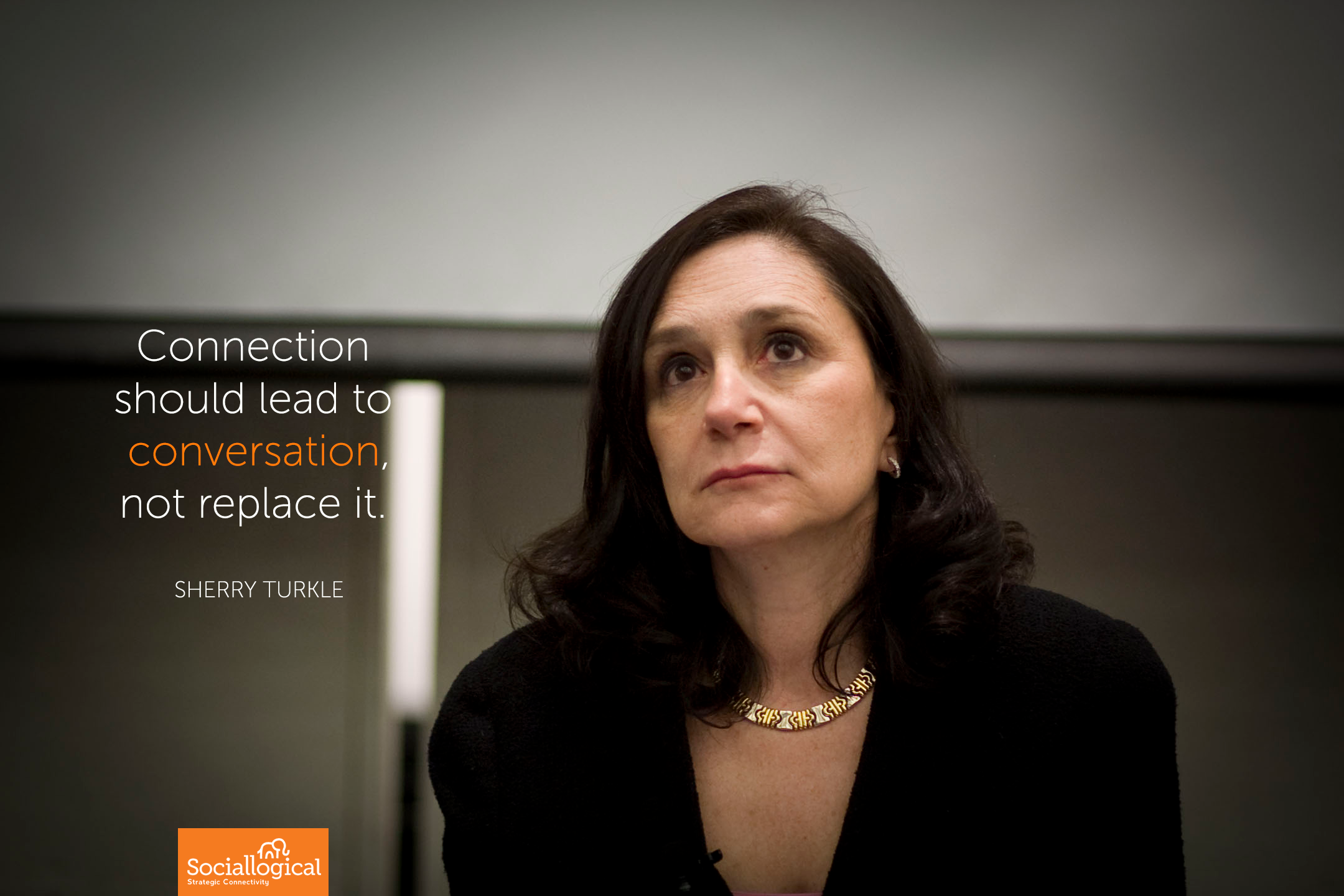If you share content that you hope someone will care about make sure they know why you care and why they should. If that justification isn't there, people might connect with what you shared, but they won't with you.
Nowadays, so much gets shared and for a whole variety of reasons. Some content explains itself so your task is made easier, but; if it's not obvious, tell me why you're sharing it. It’s that context that is helpful; it gives the reader something to think about for themselves and something to focus on when enjoying the content for themselves. And, most importantly, your two cents worth is the only thing that connects YOU to that content.
Some people even put in their bios that “sharing does not mean an endorsement” or “sharing ≠ endorsement”. If you share things that you don’t endorse, then you better tell me why you’re sharing it! I fail to understand the motivation behind dumping this kind of random deposit of “stuff” into the ether. It almost feels like having someone walk into a room and interrupt a conversation with a random piece of information.
Another reminder: most people just read the title -- of videos, articles, or look at the visual -- and take it at face value before moving on. A well-written introduction can let someone know if this piece is worth their time.
Brands don’t think, people think.
Thought leadership is demonstrated by people, not brands. This is why it’s important for a company to put its people out front and nurture thought leadership in the first place.
Potential thought leaders who don’t share their thoughts are thinkers. They are, however, not necessarily leaders. Thought leaders are thinkers who generously share their thoughts, ideas, informed opinions, and knowledge that is valuable to others.
They give of themselves and that generosity creates trust.
She shared a great photo, with a description of what you’re looking at. She used a great hashtag and posted it to 3 social channels for her business.
Then, silence.
What did she forget?
“We share great content, look at it! It’s on brand, it’s interesting, it’s visual. Why is it going unnoticed?”
That’s what he said to me right after he told me that social media “doesn’t work”.
What they are both trying to do is to become an authority on what matters most to their business. They are trying to demonstrate thought leadership on a topic they know better than most people.
What’s missing? Their thoughts. Thought Leaders add value. People are sharing like crazy but if you’re just sharing without any commentary, you’re more of a distributor than a thought leader.
Be Generous
If you are going to be a thought leader you need to be generous with your thoughts.
- Sometimes the value of what you are sharing might seem obvious. But is it? You know what your audience cares about, so tell them why this thing you are sharing might matter to them. And this doesn’t mean talking about yourself.
“To succeed, you just need to stop talking about yourself…and start talking about what your audience already cares about” - Steve Bryant
Confusion is bad for brands. Context and relevance is required to make sense of information and if that context and relevance is not obvious, the audience can become confused and that’s not a good brand association.
- When it comes to the networking that follows a post, generosity implies openness and open people make it clear that their opinion is open for discussion. They listen and respond to dissenting arguments, they thank people for sharing what they have to offer, and they ask questions to encourage people to share more. In how you present and carry on the discussion that may follow, always nurture that openness. This dialogue around your content is a real demonstration of thought leadership.
Connection should lead to conversation, not replace it.
Photo source.
The goal of sharing is to connect with other people and engage them in conversation and to grow relationship. Simply sharing information with another person isn't a conversation. It's a statement, for sure, but it's not a conversation until the participants - the humans - share their perspective on the information. Why not start with yours?
Why Does This Matter? Why Should You Care?
The role that a thought leader provides is in clearly answering the question, "why does this matter?" about a given topic. With the mountains of information, research, media, and dialogue available online one would think that the personal voices online would be small, hidden within a sea of resources. But we know that's not true as we watch the celebrities emerge in every community, industry, and group with the superior skill of interpreting the significance of our news and information and communicating it in an accessible way.
With the force of their character, with their unique interpretation of the subject matter, and with their ability to tell a story and complete a thought, they help illuminate an issue for the rest of us. And sometimes they lead us to a conclusion - their conclusion - that their followers have every right to trust. And finally, they generously provide their audience a little launchpad from which to grow.



